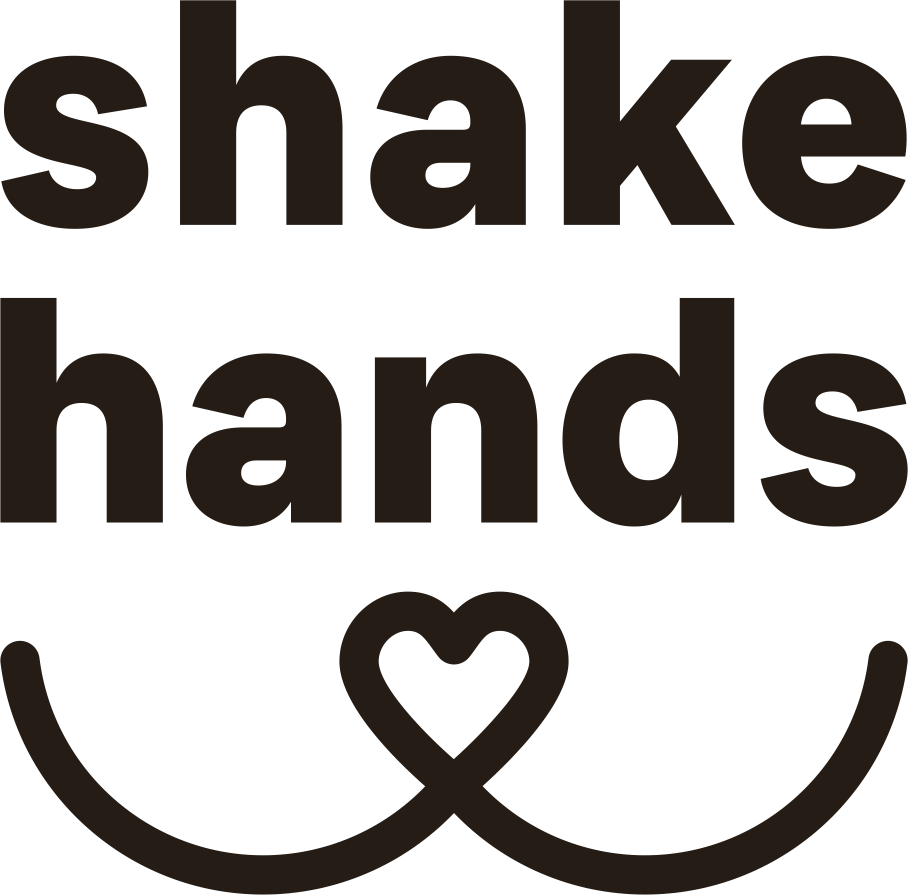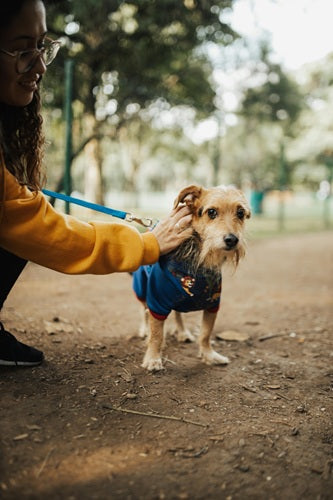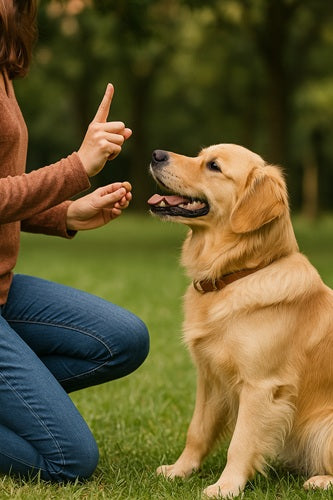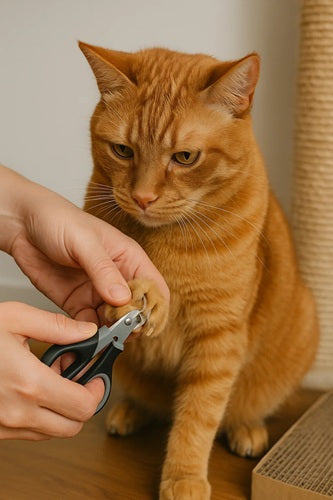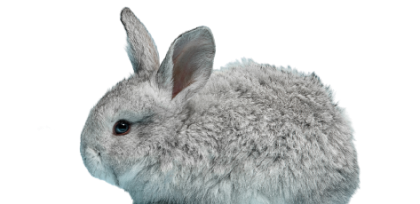Doggy Drool: When it’s cause of concern
Like humans, almost all dogs drool, especially when they are happy, excited, or anticipate a treat. Saliva production is a normal response to such stimulation. Saliva plays important functions, it lubricates the mouth, prevents tooth decay and gum disease, and breaks down food for digestion. This level of saliva production is normal and healthy for any dog.
However, there are times when a dog might drool excessively. At such times, there is too much saliva that is being produced and this could be the symptom of a deeper and more serious condition. Let’s explore some of the causes of excess drooling but first let’s understand what constitutes ‘typical’ drooling so as to be able to identify ‘excess’ drooling, if it should arise.
"Typical" Drooling
It’s completely normal for dogs to get a little “drooly” sometimes. And then there are breeds that drool excessively everyday. However, with these breeds there isn’t an underlying cause of concern for such drooling. Such breeds have a natural tendency to drool excessively. Breeds such as the Saint Bernards, Bloodhounds, Mastiffs, and other jowly canines have a natural predisposition for drooling. The conformation of their mouth is such that their lips are loose and hang downwards, causing the saliva to overload in their mouth. The saliva then runs over the brim, making them drool. These dogs aren't able to swallow their saliva and hence it dribbles down their mouth.
Some dogs typically drool when they anticipate their food. Anticipation of food causes saliva to collect in some dogs’ mouths. This is akin to our mouths salivating when we see our favorite food or are really hungry. Some breeds particularly drool when they are chewing or digesting their food.
Sometimes dogs drool when they are given their medication. The medicine might be bitter or unpleasant and the dogs try to get rid of the taste by drooling.
The drooling mentioned above is ‘normal’ and is an inherent aspect of having a dog.
However, there are occasions when dogs suddenly start drooling. This is a cause of concern. Drooling is a sign of an underlying symptom which needs to be identified and addressed. Let’s explore some of the causes of excess and unusual drooling that as pet parents we need to be cautious of.
Causes of excessive drooling in dogs: If your dog isn’t the slobbery type or if he seems to be drooling more than usual, he could have an underlying health issue that’s causing excessive drooling. Lets explore some of the conditions that can cause abnormally heavy drooling in dogs.
- Dental problems: It is one of the most common causes of excessive drooling. It can include tooth decay or tartar buildup, oral ulcers, infection, an object stuck in his mouth, gums or teeth.
- Oral tumor: If your dog has an oral tumor they may appear as swellings or lumps on the gums around the teeth, or on the roof of their mouth, although they can appear anywhere in the dog's mouth. These tumors will often break open and bleed which can lead to infection. Excessive drooling is one of its symptoms. This condition requires immediate medical help.
- Heat stroke: Heat stroke is a serious condition resulting from overexposure to sun and heat. Heat stroke causes dogs to pant in an effort to cool themselves. When dogs are suffering from a heat stroke, they drool excessively.
- Upset stomach: An upset stomach, be it nausea or a stomachache, can also cause heavy drooling in dogs. Nausea and stomachache occurs for several different reasons- bad eating habits that cause serious gastrointestinal issues, motion sickness which usually occurs in moving vehicles, swallowing an object that puts painful pressure on intestines, etc.
- Respiratory infection: Respiratory infections occur in parts of the body involved in breathing, such as the sinuses, throat, airways or lungs. This infection may also cause your dog to drool excessively. Along with heavy drooling, the symptoms may also include kennel coughing, runny nose, snorting,fatigue, fever, breathing problems, etc.
- Anxiety: You might be surprised to learn that even anxiety and stress can cause a dog to drool heavily. There are a whole lot of situations in a dog’s lifespan that makes him anxious. These can include- moving houses, meeting strangers, loneliness, fear of dark, fear of loud noises, etc. In fact, drooling is a common sign of anxiety when judging a dog’s body language.
Dogs can’t verbally express themselves, but they do exhibit symptoms that indicate their distress. Paying special attention to these symptoms will help you respond to the needs of your pet appropriately. As we have seen, excessive drooling is the symptomatic response for many illnesses - physical or mental. It is advisable to visit a vet when you notice that your dog suddenly begins to drool excessively as it might be difficult to personally ascertain the root cause of the drooling. In some of these illnesses, a timely response is critical. A visit to the vet will give you the assurance you need.
